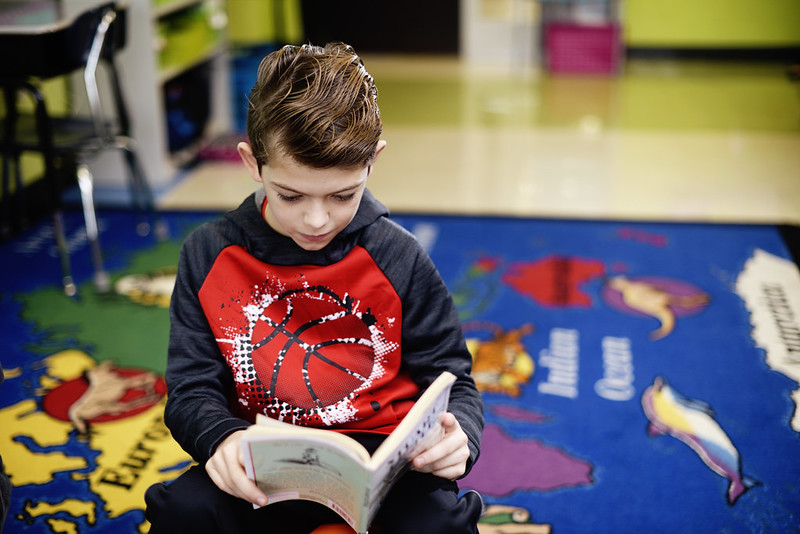
Since schools closed abruptly back in March, leaders of school districts and charter organizations have been working tirelessly to ensure a safe and effective return to learning this fall — whatever form that takes. The SCORE team continues to learn from schools that are leading the way on COVID-19 response, and as schools across Tennessee reopen, we’re sharing another example.
As part of our learning, we have followed the work of Valor Collegiate Academies. With reopening decisions constantly changing, consistent engagement with families and educators is more critical than ever, and Valor continues to prioritize transparency and innovation to meet the needs of their school communities.
Valor is a network of three college preparatory charter schools serving students in grades 5-11 in South Nashville. As part of their model, Valor intentionally serves a diverse group of students that is representative of the greater Nashville population. Core to their model is a focus on comprehensive student development that SCORE has previously highlighted as best practices around nonacademic supports for students. Since the spring school shutdown, Valor has gone above and beyond to collect data on student, teacher, and family perspectives — information that has directly informed their decision-making around reopening.
In the spring, a Valor student survey gauged perception of the effectiveness of remote learning. The results: Students valued synchronous, or live, instruction that allowed them to directly collaborate with their teacher and classmates. This feedback, along with research on effective remote learning, led Valor to focus on offering live class instruction in the fall to allow for better student engagement.
Throughout the summer, Valor held virtual family town halls led by CEO and Founder Todd Dickson. Through these convenings, Valor consistently and transparently communicated with parents about decisions for reopening school. The town halls also allowed Valor to gather parents’ thoughts on what the return to school should look like and to express nonacademic needs such as access to meals, childcare, or technology. Based on those responses, Valor had mentor teachers follow up with families directly to make sure their needs are met. Through this engagement, a level of trust was built with families regarding student safety and the delivery of learning this fall.
Valor also held a town hall with teachers and faculty to make sure educators were aware of the school reopening model and prepared to lead virtual or hybrid classes effectively. A survey regarding teachers’ ability to return in-person to the classroom found that about one-quarter of teachers were not able to because of either personal health concerns or lack of childcare. To address these needs, Valor strategically organized their staffing structure to ensure that teachers who cannot return for health reasons can continue to lead remote instruction when schools return in person. School leaders have also been working to find creative, community-based solutions to make sure teachers and families have access to free, reliable childcare if needed. By meeting the nonacademic needs of their community, Valor enables educators and students to focus on succeeding academically this year.
These are uncertain times, but through a thoughtful planning process, Valor has exemplified how school systems can put relationships first while meeting both the academic and nonacademic needs of the community.
Alexis Parker is SCORE’s research and data analyst.
Read more about school reopening plans:
